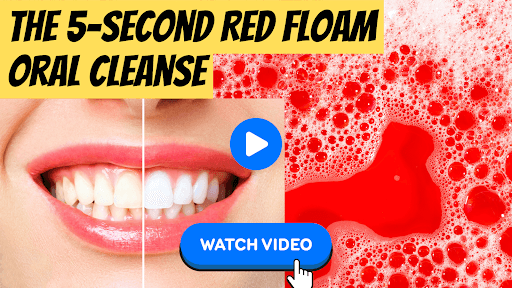Best Non-Medicated Treatment I Use For Brain Fog
Brain fog is a pervasive condition affecting many, but pinpointing its exact cause is essential for treatment. Over the past decade, practitioners have identified several root factors contributing to brain fog.
A significant connection exists between gut health and brain function. The gut is responsible for producing neurotransmitters crucial for concentration and motivation. When issues like candida overgrowth or irritable bowel syndrome disturb your gut flora, symptoms of brain fog can intensify.
Identifying micronutrient deficiencies is pivotal. Inadequate absorption of nutrients, often due to inflammation or digestive issues like leaky gut syndrome, might lead to deficiencies. Running tests for vitamins and minerals is a critical step. Some common deficiencies that contribute to brain fog include:
- Iron (check for anemia)
- Vitamin B12 (also linked to anemia)
- Vitamin D3
- Magnesium and Zinc
It's important to examine blood sugar levels to diagnose brain fog issues. Individuals must check their blood sugar 2 to 3 hours post-meal. If levels exceed 99 mg/dL, it may indicate an underlying insulin sensitivity problem, necessitating dietary readjustment and incorporation of regular exercise.
Consistent lifestyle changes form the cornerstone of combating brain fog. Five staples should be part of everyone's daily routine: nutrition, hydration, exercise, stress management, and sleep.
- Eat balanced and nutritious meals.
- Stay well-hydrated; dehydration affects concentration.
- Incorporate regular exercise to boost circulation and hormonal health.
- Manage stress through identifying and eliminating stressors.
- Ensure 7 to 8 hours of quality sleep nightly to maintain cognitive function.
Addressing brain fog involves a comprehensive understanding of one’s unique physiological makeup. Proactive lifestyle choices and identifying underlying causes can lead to substantial improvement in focus and energy levels without relying solely on medications or supplements.
From Around The Web
Wellness Inbox is a blog & weekly newsletter that curates trending news and products related to health and wellness from around the web. We also gather content from various sources, including leading health professionals, and deliver it directly to you.
Please note that we may receive compensation if you purchase any products featured in our newsletter. Wellness Inbox is not affiliated with, nor does it endorse, any health professionals whose content may appear in our newsletter. The information provided is for general informational purposes only and should not be considered medical advice.
The information provided is not intended to replace professional medical advice, diagnosis, or treatment. All content, including text, graphics, images, and information available is for general informational purposes only. We do not guarantee the accuracy or completeness of any information presented and assume no liability for any errors or omissions. The content is subject to change without notice. We encourage you to verify any information with other reliable sources and consult your physician regarding any medical conditions or treatments.







